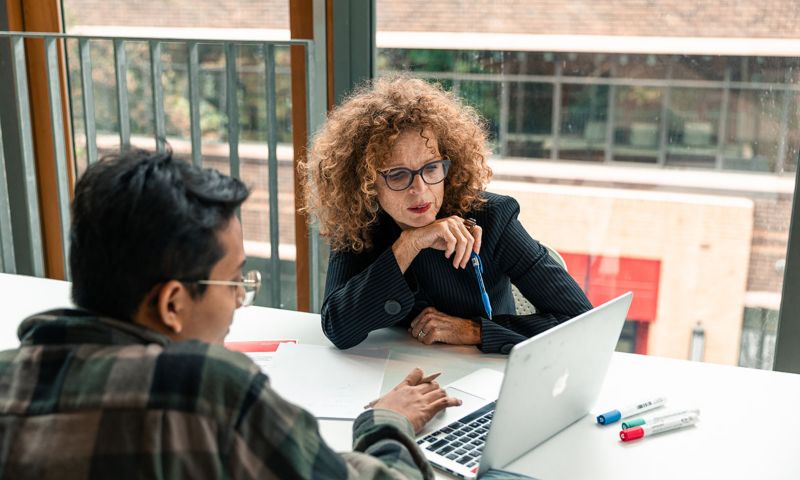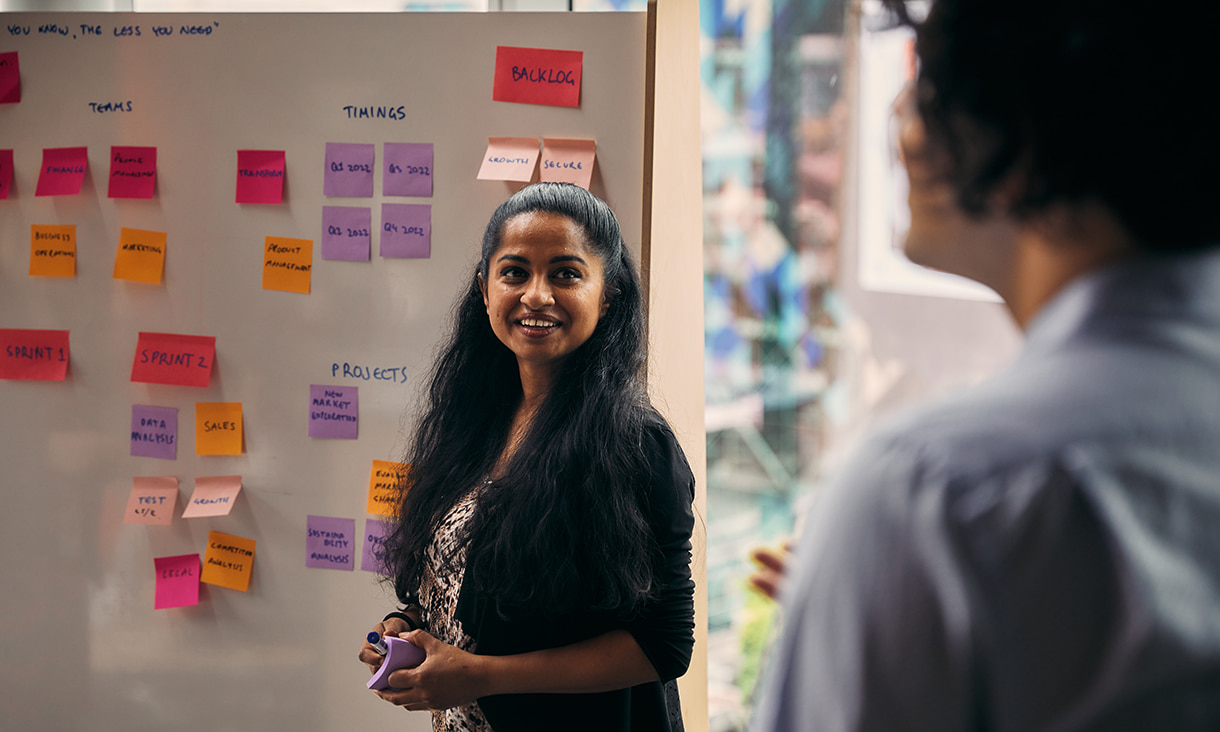An important step in secondary education is exploring and understanding what comes next. This creates a need for career development professionals who can guide young minds.
“In Australian high schools, there’s usually an integrated careers program that includes one-on-one career counselling, work placements, job fairs and much more,” says Gregory.
“To be a career practitioner in a school, you need to have a graduate certificate, so many of our students are teachers who are looking to move into the careers development space. Most of them are still working, so our program is fully online, and we’ve made it as flexible, adaptable and manageable as possible."
Megan Fritsch, President of the Career Industry Council of Australia, says it’s important to set the stage for our children’s career expectations.
Fritsch says our working lives are shaped to a large degree by the positive and negative experiences we have as young children.
“In research, 36% of children from as young as seven said they based their career aspirations on people they know, while 45% said that TV, film, and radio were [their biggest influences]. But the ripple effects of early interventions run deeper than choice of career — they can build biases, open doors and close us off from opportunities.”2

.jpg)

